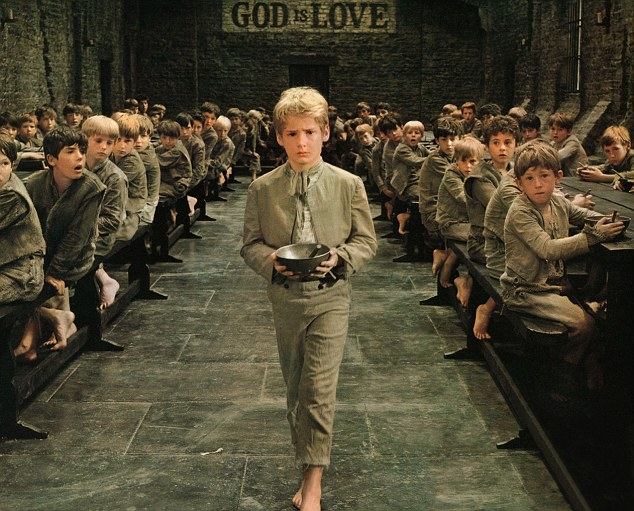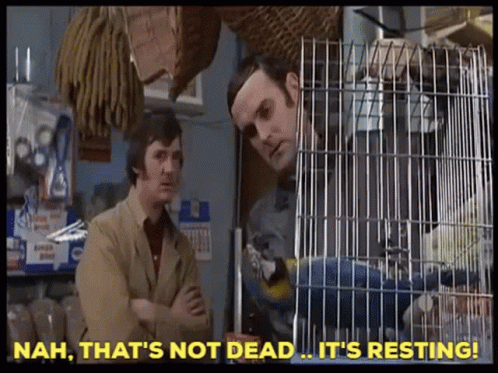"Please sir... I want some more"

For seventeen years I was an Officer in The Salvation Army. I was very grateful for the opportunity I had to serve in this way. Leaving Officership was incredibly difficult but I'm also happy with the new life I'm living now. In financial terms, I didn't receive much by way of an allowance as an Officer. In fact, it was below minimum wage. Around $500 per week. I also grew up hearing many stories of Officers scraping by each week on a meagre amount of money and living "by faith" week in, week out. That was part of "the calling". I knew what I was getting into when I signed up and so I 'endured' this 'life of poverty' as a good soldier of Christ. I never openly complained about it but I also didn't refuse help from people where it was offered. If someone offered to pay for a meal I never said no. Sometimes someone would provide a gift of some kind. I always accepted. On the surface I did and said the right things, but in reality I wa...

